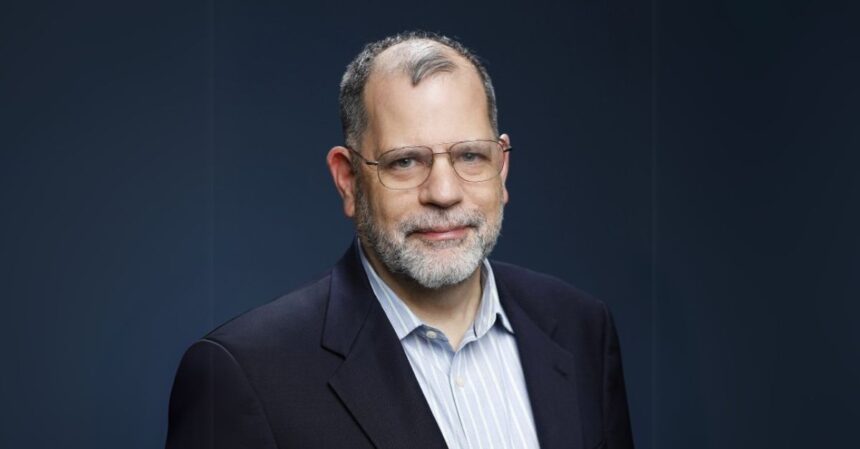In a reflective essay on his lifelong engagement with philosophy, economist and author Tyler Cowen argued that the boundaries of philosophical greatness have shifted—and that today’s deepest thinkers may not reside in university departments at all.
“The very greatest philosophers of our time are the people who are building and learning how to use the quality LLMs,” Cowen wrote on his blog. “A simple rule of thumb is that if no one is writing you, and telling you that you changed their lives, you probably are not a philosopher.”
The post traces Cowen’s intellectual path from his early obsession with Plato and Hume, to his collaboration with Derek Parfit, and ultimately to his evolving view that philosophy is found less in academic journals and more in powerful, real-world insights. He suggested that artificial intelligence—particularly large language models (LLMs)—has become a new frontier for philosophical exploration, enabling novel ways of thinking about knowledge, reasoning, and what it means to be human.
Cowen’s commentary critiques modern academic philosophy as too insular and bureaucratic, arguing that genuine philosophy is about meaning, transformation, and life itself. He wrote that the most impactful modern thinkers are not necessarily publishing in refereed journals but instead communicating through maxims, tweets, and public intellectual commentary that reach real people.
Tyler Cowen is a professor of economics at George Mason University and co-author of Marginal Revolution, one of the most widely read economics blogs. He is also the author of books such as Stubborn Attachments and The Age of the Infovore, which blend economics, culture, and philosophy.

